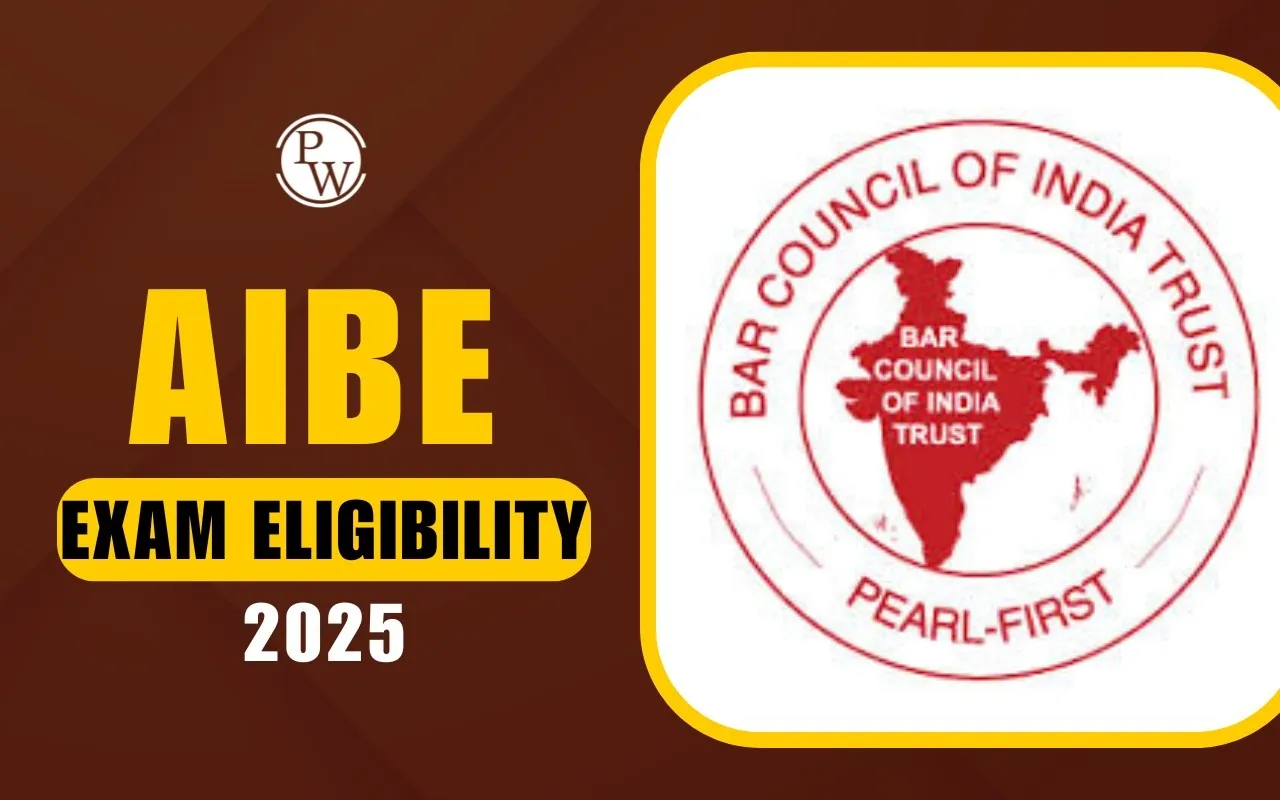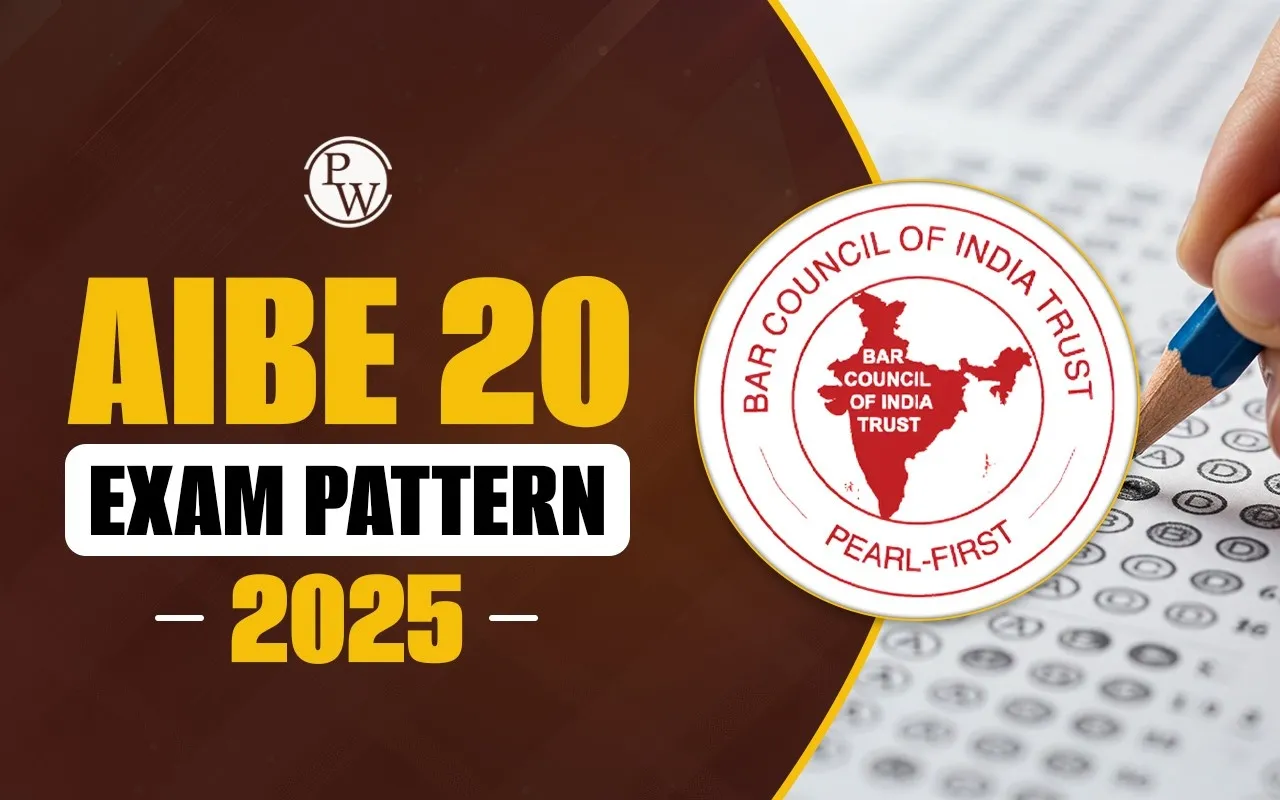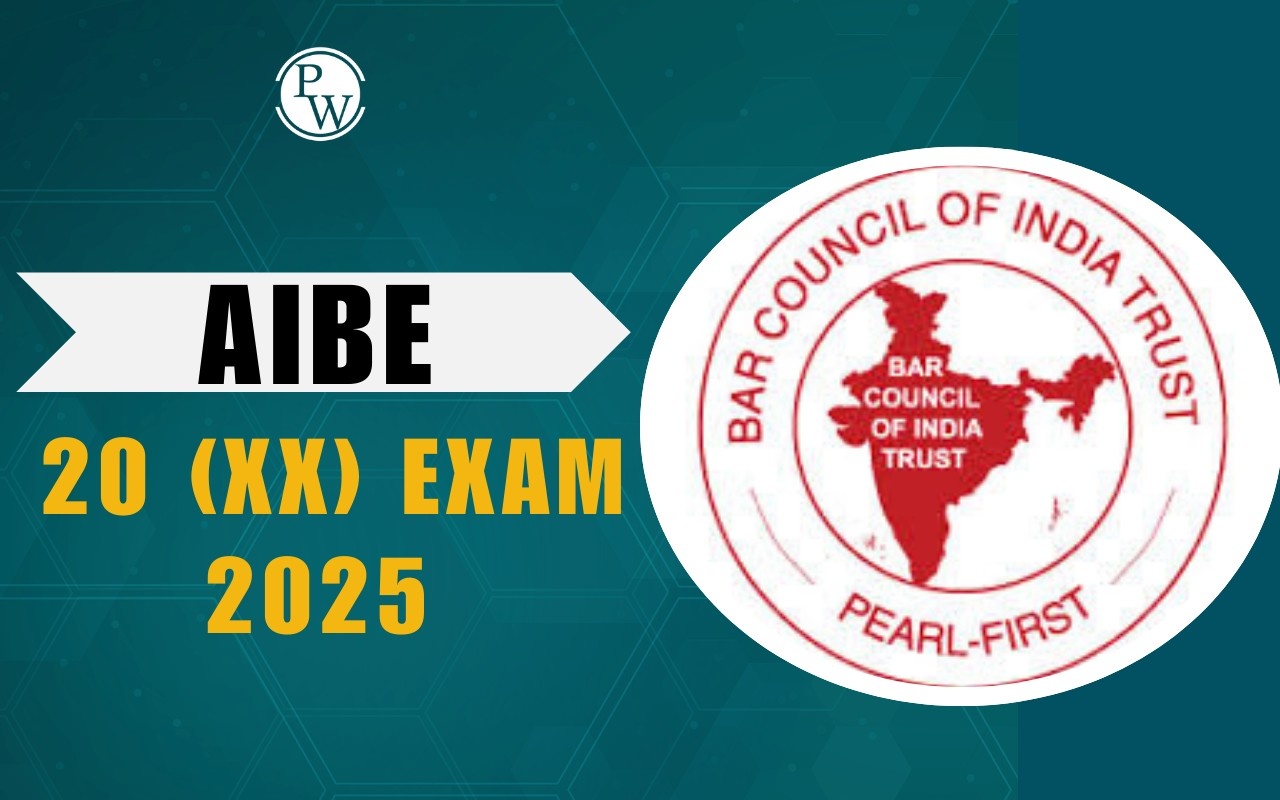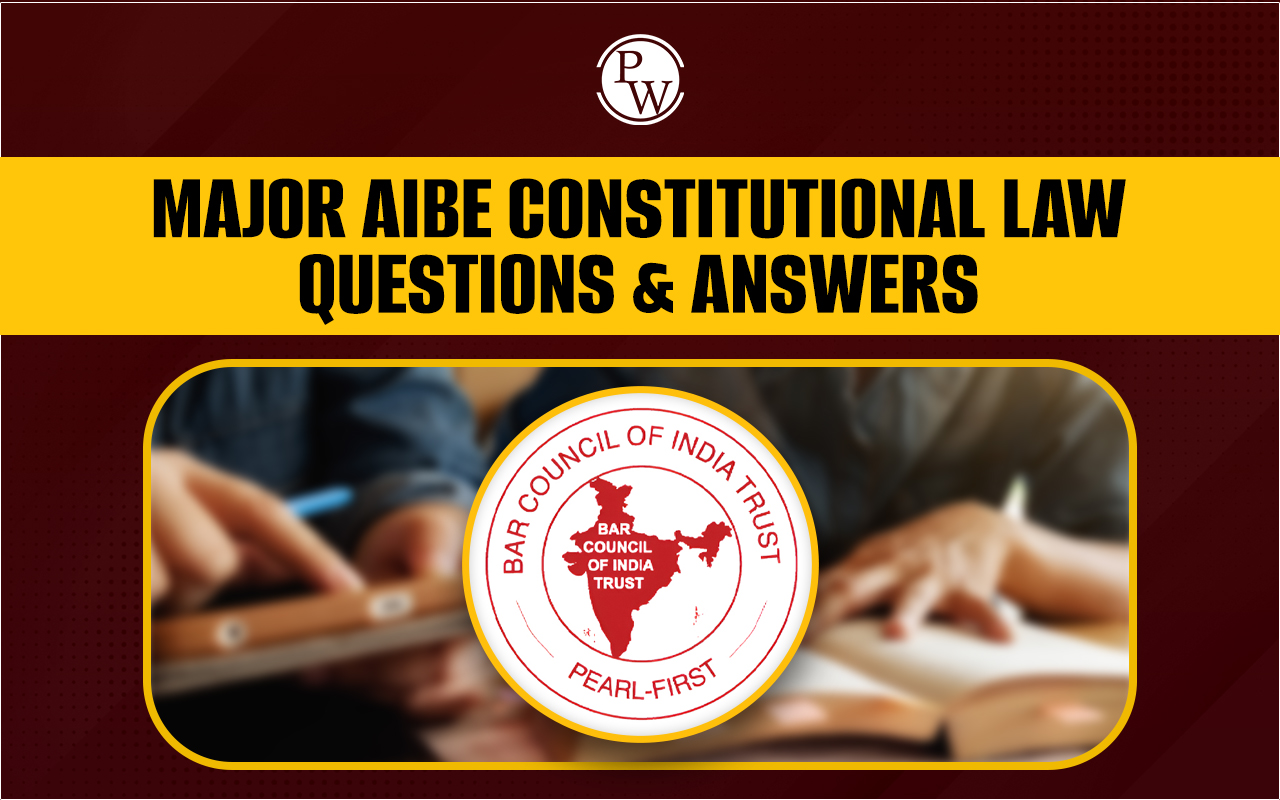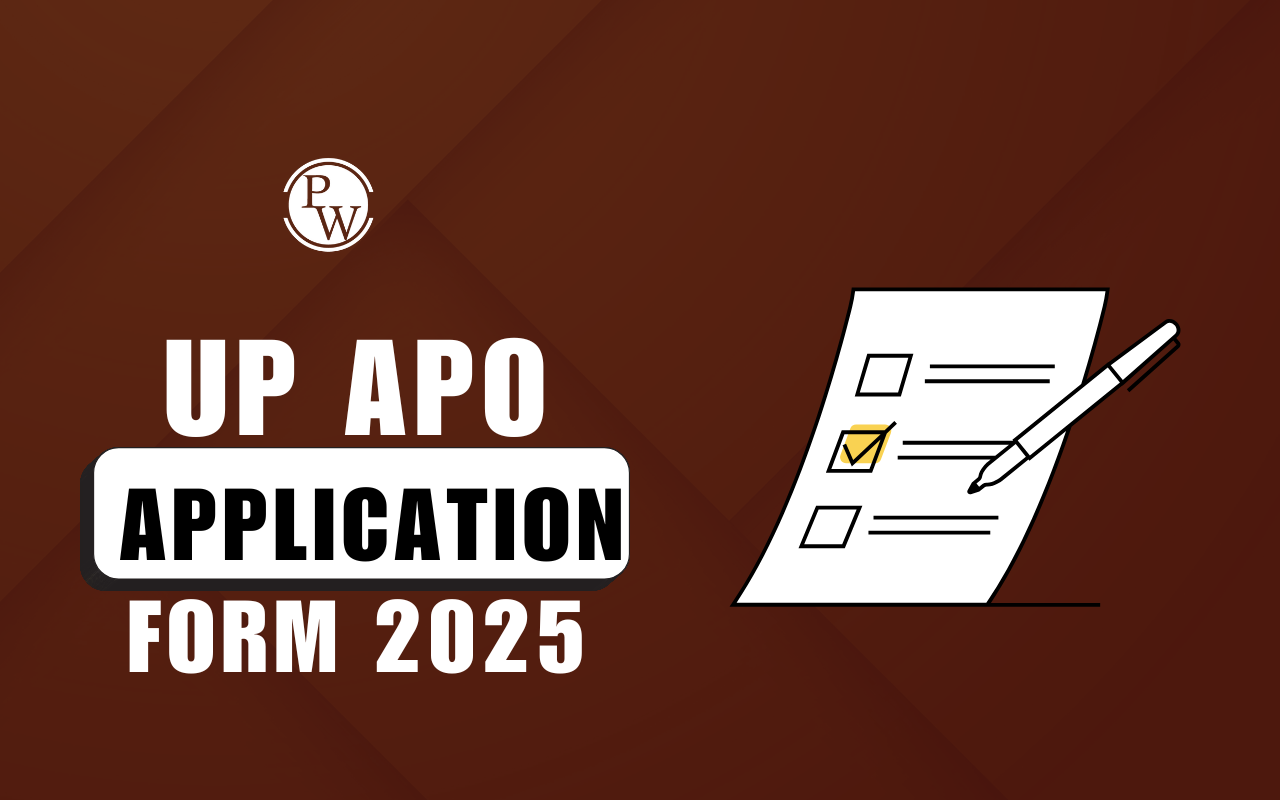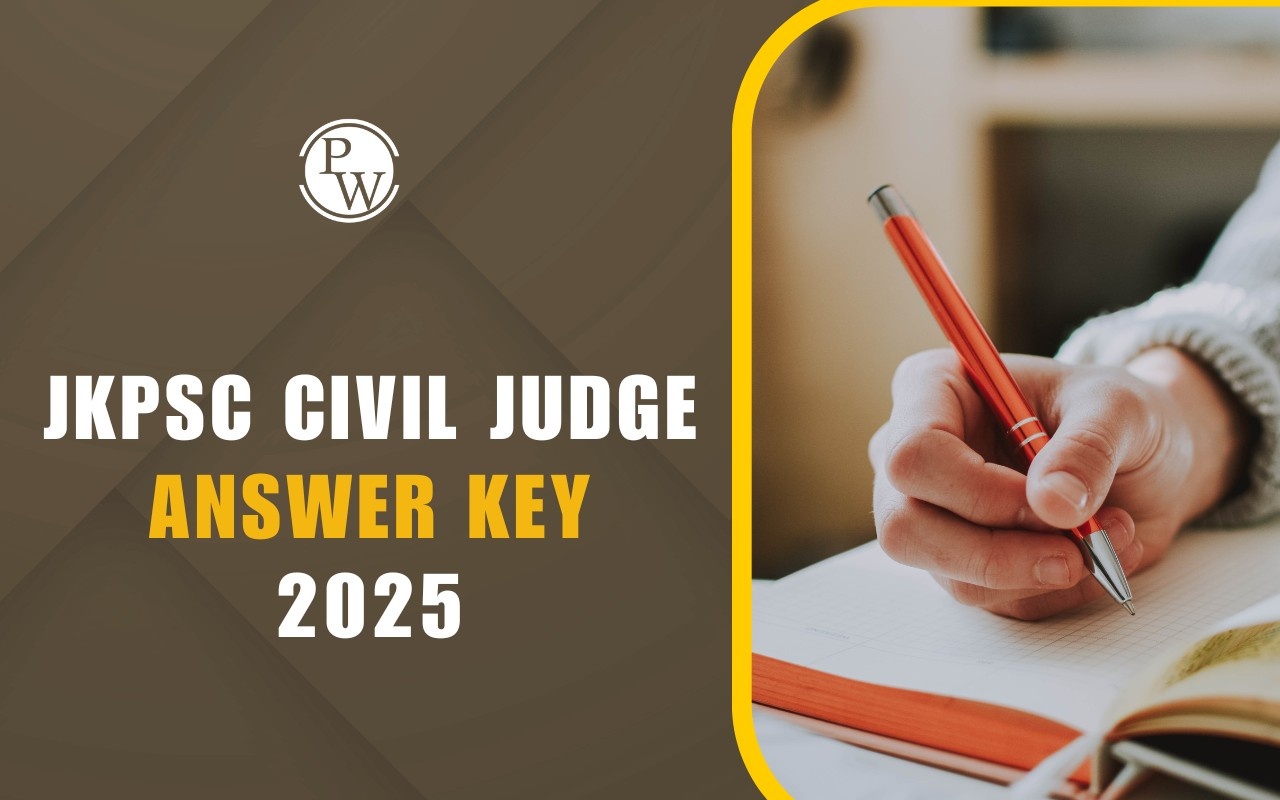
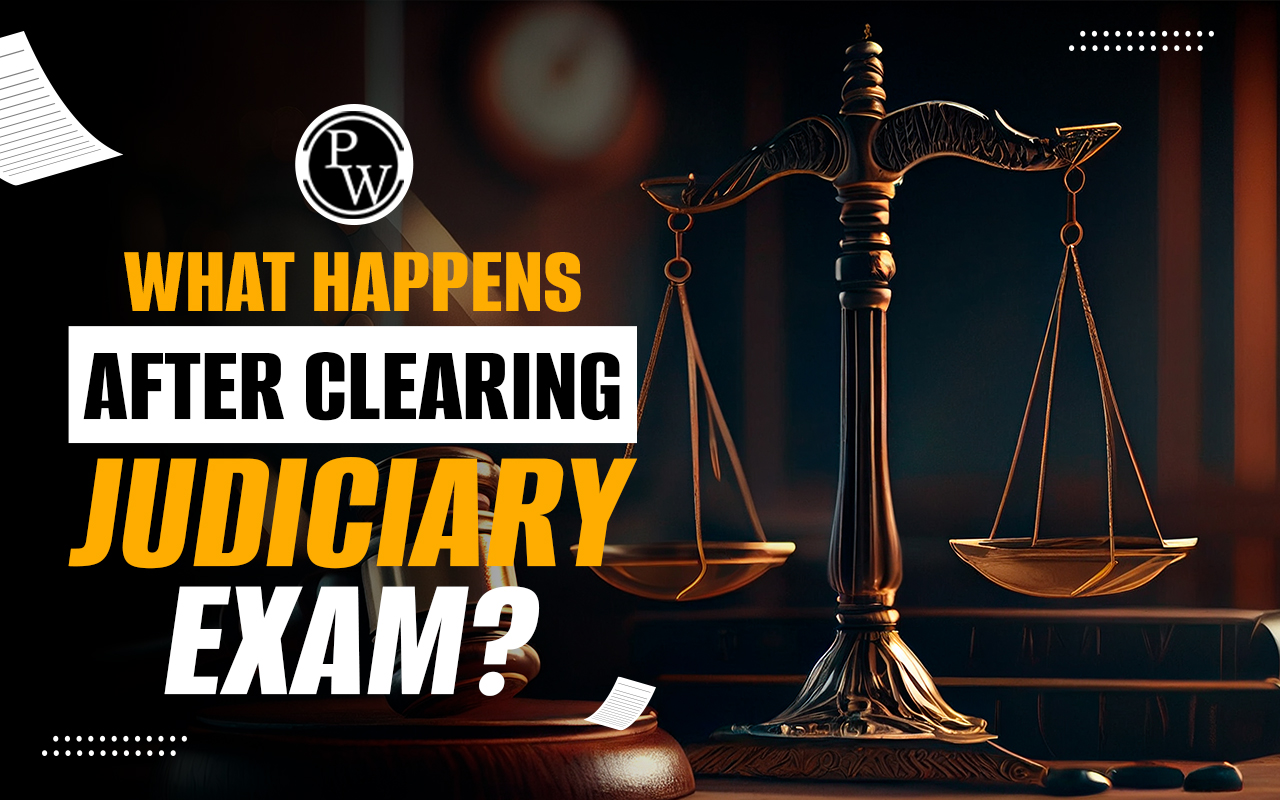
What happens after Clearing the Judiciary Exam 2025
What happens after Clearing the Judiciary Exam: Are you preparing for the upcoming judiciary exams in 2025? Want to know what happens after passing the exam? Passing the judiciary exam is a big deal for people who want to become lawyers. It shows they're on their way to a career in the legal system. But what happens next is important to know.
This article will help you understand what comes after the exam, like job opportunities, how candidates are chosen, and what steps you need to take next. Whether you've just passed the judiciary exam or are thinking about taking it in the future, this guide will help you figure out how to have a successful career in the legal field.
What is Judiciary Exam 2025?
The Judicial Services Examination has a few different parts. Let's go through them:
| Stage | Description |
|---|---|
| Preliminary Exam | The first stage involves multiple-choice questions to screen candidates for the next round. However, marks from this stage do not count toward the final decision. |
| Main Exam | Candidates who pass the preliminary move on to the main exams, which focus on writing answers. Marks from these exams are crucial for the final decision. |
| Interview | The final step is a comprehensive interview assessing candidates' interests, intelligence, personality, and other relevant factors. |
| Merit List | Successful candidates are placed on the merit list, enabling them to join their state's judicial academy for a year-long training program to become a Judge. |
| Training | During this training, candidates learn about legal and judicial procedures, judge responsibilities, and expected conduct. |
| Appointment as Judge | After completing training, candidates become judges for lower courts or tribunals, ready to contribute to the legal system. |
How are Civil Judges Appointed in 2025?
| Judicial Level | Appointment Process | Maximum Age Limit |
|---|---|---|
| Supreme Court | The Chief Justice of India (CJI) and 30 Additional Judges are appointed by the President of India after consulting with the Supreme Court and high court judiciary. | 65 years |
| High Court | Judges are appointed by the President of India after consulting with the CJI, Chief Justice of High Court, and the state governor. | 62 years |
| District Court | District Judges, the highest authority in district courts, are appointed by the governor after consulting with the chief justice of the state high court. | N/A |
Career Progression in Judiciary 2025
The career progression of a civil judge involves starting as a Junior Division Judge, advancing to Senior Division, then to District Judge, and potentially reaching the esteemed position of High Court Judge. Each step requires rigorous examinations, continuous learning, and professional development, offering fulfilling opportunities for growth and recognition in the legal field.
| Career Progression | Description |
|---|---|
| Civil Judge (Junior Division) | Entry-level position filled through direct recruitment via PCS J Exams in various states. Recruitment process involves Prelims, Mains, and Interview stages. Minimum qualifying marks required in Mains Paper. |
| Civil Judge (Senior Division) | Promotion from Junior Division after five years of service or based on merit. Handles cases with higher stakes and complex legal issues. |
| District Judge | Milestone promotion from Civil Judge. Two pathways: promotion and direct recruitment. Regular promotion based on merit-cum-seniority. Accelerated promotion based solely on merit after five years of service. |
| High Court Judge | Elevation from District Judge for those excelling in their roles. Reserved for top performers with exceptional legal acumen. Plays a crucial role in shaping the legal landscape within their jurisdiction. |
| Position | Previous Pay Scale | Pay Scale - 2nd National Judicial Pay Commission |
|---|---|---|
| Junior Civil Judge/First Class Magistrate | Rs. 27,700 – Rs. 44,700 | Rs. 77,840 – Rs. 1,36,520 |
| Junior Civil Judge/First Class Magistrate - Assured Career Progression after the first 5 years | Rs. 33,090 – Rs. 45,850 | Rs. 92,960 - Rs. 1,36,520 |
| Junior Civil Judge/First Class Magistrate - Assured Career Progression 5 years after 1st ACP | Rs. 39,530 – Rs. 54,010 | Rs. 1,11,000 – Rs. 1,63,030 |
| Senior Civil Judge | Rs. 39,530 – Rs. 54,010 | Rs. 1,11,000 - Rs. 1,63,030 |
| Senior Civil Judge - Assured Career Progression after the first 5 years | Rs. 43,690 – Rs. 56,470 | Rs. 1,22,700 – Rs. 1,80,200 |
| Senior Civil Judge - Assured Career Progression 5 years after 1st Assured Career Progression | Rs. 51,550 – Rs. 63,010 | Rs. 1,44,840 – Rs. 1,94,660 |
| District Judge | Rs. 51,550 – Rs. 63,070 | Rs. 1,44,840 – Rs. 1,94,660 |
| District Judge-Selection Grade after 5 years of Entry Grade | Rs. 57,700 – Rs. 70,290 | Rs. 1,63,030 – Rs. 2,19,090 |
| District Judge Super Time Scale – 3yrs after Selection Grade | Rs. 70,290 – Rs. 76,450 | Rs. 1,99,100- Rs. 2,24,100 |
Pay Scale at entry of JMFC as per 2nd National Judicial Pay Commission (other allowances vary from state to state):
| Pay Scale at entry of JMFC as per 2nd National Judicial Pay Commission (other allowances vary from state to state) | |
|---|---|
| Basic Pay: Rs. 77,840/- | Basic salary amount before any deductions or allowances are applied. |
| Dearness Allowance (44%): Rs. 32,693/- | Additional allowance calculated as a percentage of the basic pay to adjust for inflation. |
| Sumptuary Allowance: Rs. 1,500/- | Allowance provided for miscellaneous expenses or personal needs. |
| Medical Allowance: Rs. 1,000/- | Allowance for medical expenses incurred by the employee. |
| Gross Salary: Rs. 1,13,033/- | Total salary earned before any deductions, including allowances. |
| Salary In hand (after deductions): Rs. 91,327/- | Final amount received by the employee after deductions such as taxes and other fees. |
Perks included in the PCS J Salary 2025
| Perks included in the PCS J Salary |
|---|
| Grade Pay: Rs. 5,400 to Rs. 7,600 per month (varies). |
| Allowances: Include House Rent Allowance, Dearness Allowance, Travel Allowance, Partial Vehicle Allowance, Pension after Retirement, and others. |
| Additional Benefits: Government-provided accommodation, medical facilities, and a pension plan. |
High Court Judge Salary Structure 2025
| High Court Judge Salary Structure 2025 |
|---|
| Basic Pay Scale: Rs. 26,000 to Rs. 80,000 per month. |
| Grade Pay: Starts from Rs. 12,000 and can go up to Rs. 20,000 depending on experience. |
| Allowances: Include House Rent Allowance, Travel Allowance, Electricity Bill, Phone Bill, Water Bill, Car Facility, Vehicle Maintenance, and Pension after Retirement. |
Supreme Court Judge Salary Structure 2025
| Supreme Court Judge Salary Structure 2025: |
|---|
| Basic Pay: Rs. 90,000 per month for Supreme Court Judge, Rs. 1,00,000 per month for Chief Justice of India. |
| Grade Pay: Rs. 20,000 per month for Supreme Court Judge, higher for Chief Justice. |
| Allowances: Similar to High Court Judge plus Educational Allowance for children, Bungalow with a security guard, and others. |
How Difficult is Judiciary Exam 2025?
The Judiciary Exam is known to be a tough exam for people who want to become lawyers. It's a big step for those aiming for a career in law, especially in the courts. In this article, we'll talk about why this exam is seen as tough and how candidates can deal with its challenges.Understanding the Nature of the Judiciary Exam
The Judiciary Exam is all about checking if candidates understand legal stuff well. It has different parts like preliminary exams, main exams, and interviews, each with its own difficulties.| Factors Making the Judiciary Exam Hard | |
| Description | Explanation |
| Lots to Study | The exam covers a wide range of topics, from basic laws to complex legal principles. This makes it hard for candidates to learn everything. |
| Need for Good Thinking Skills | Doing well in the exam isn't just about knowing laws. Candidates also need to be good at thinking critically and solving problems. |
| Tough Competition | Many people take this exam, but there are only a few spots available. This means candidates have to be really good to get ahead of others. |
| Limited Time | Candidates have to answer lots of questions in a short time during the exam. This adds to the pressure and makes it harder to do well. |
| Dealing with the Challenges | |
| Description | Explanation |
| Study Well | Candidates should make a plan to study all the topics in the syllabus. Using study materials and practice tests can help them get ready. |
| Think Smart | Candidates should practice thinking critically and solving legal problems. Doing this regularly can help them get better at it. |
| Manage Time Wisely | Practicing timed tests can help candidates learn to answer questions quickly and accurately. |
| Get Help | Candidates can seek advice from experienced people or join coaching classes to get tips on how to prepare better. |
| Conclusion: The Judiciary Exam is no walk in the park, but with hard work and smart studying, candidates can overcome its challenges and succeed in their dream of becoming lawyers. | |
| Judiciary Other Related Topics | |
| UP PCS J Notification 2025 | Chhattisgarh Judiciary Exam 2025 |
| Rajasthan Judiciary exam 2025 | Bihar Judiciary Notification 2025 |
What happens after Clearing the Judiciary Exam 2025 FAQs
How long do Judicial Services exams last?
Why is it important to crack the judiciary exam?
When are Judicial Services exams conducted?
What is the career progression in lower judiciary?
What to do after clearing judiciary exam?




